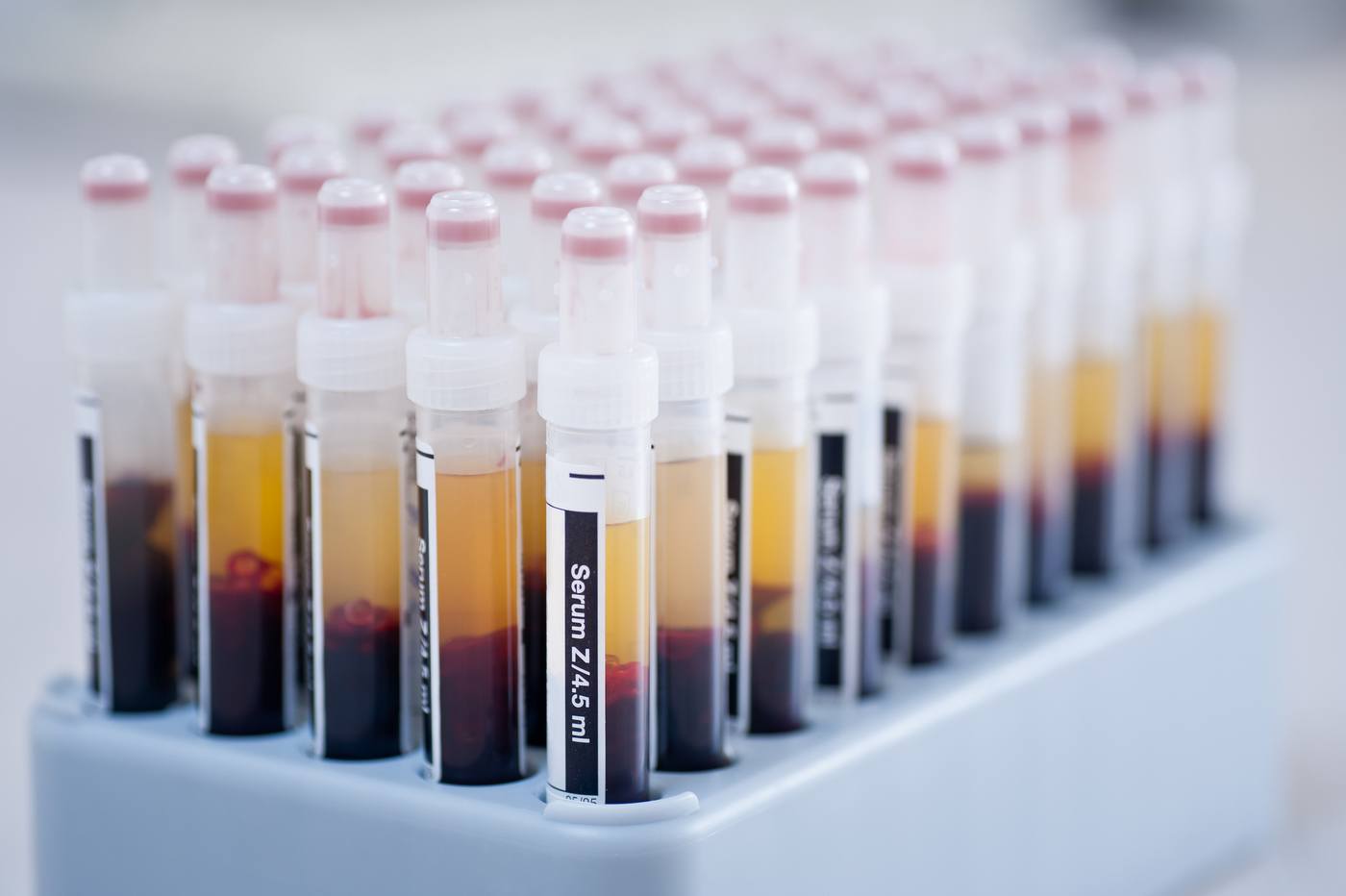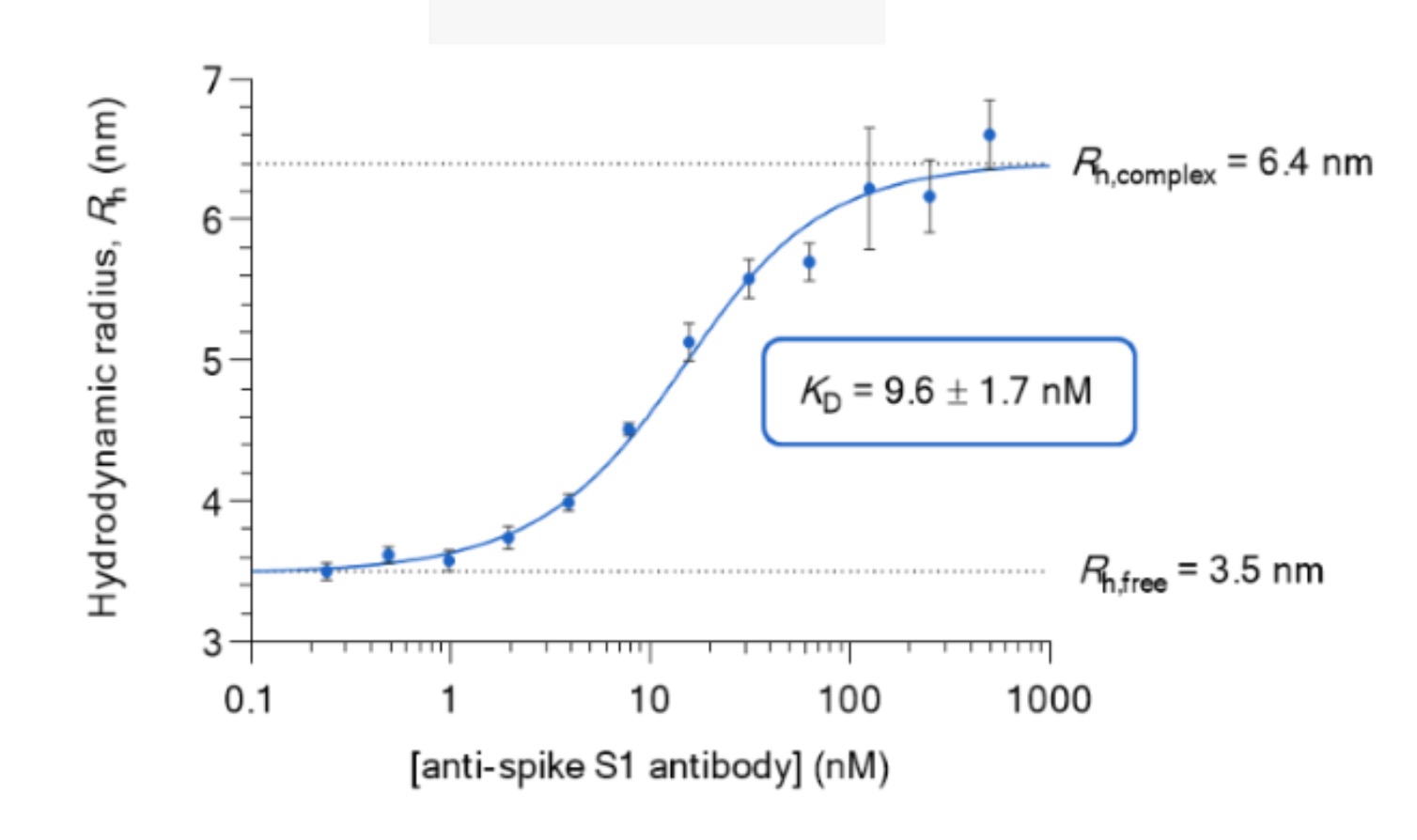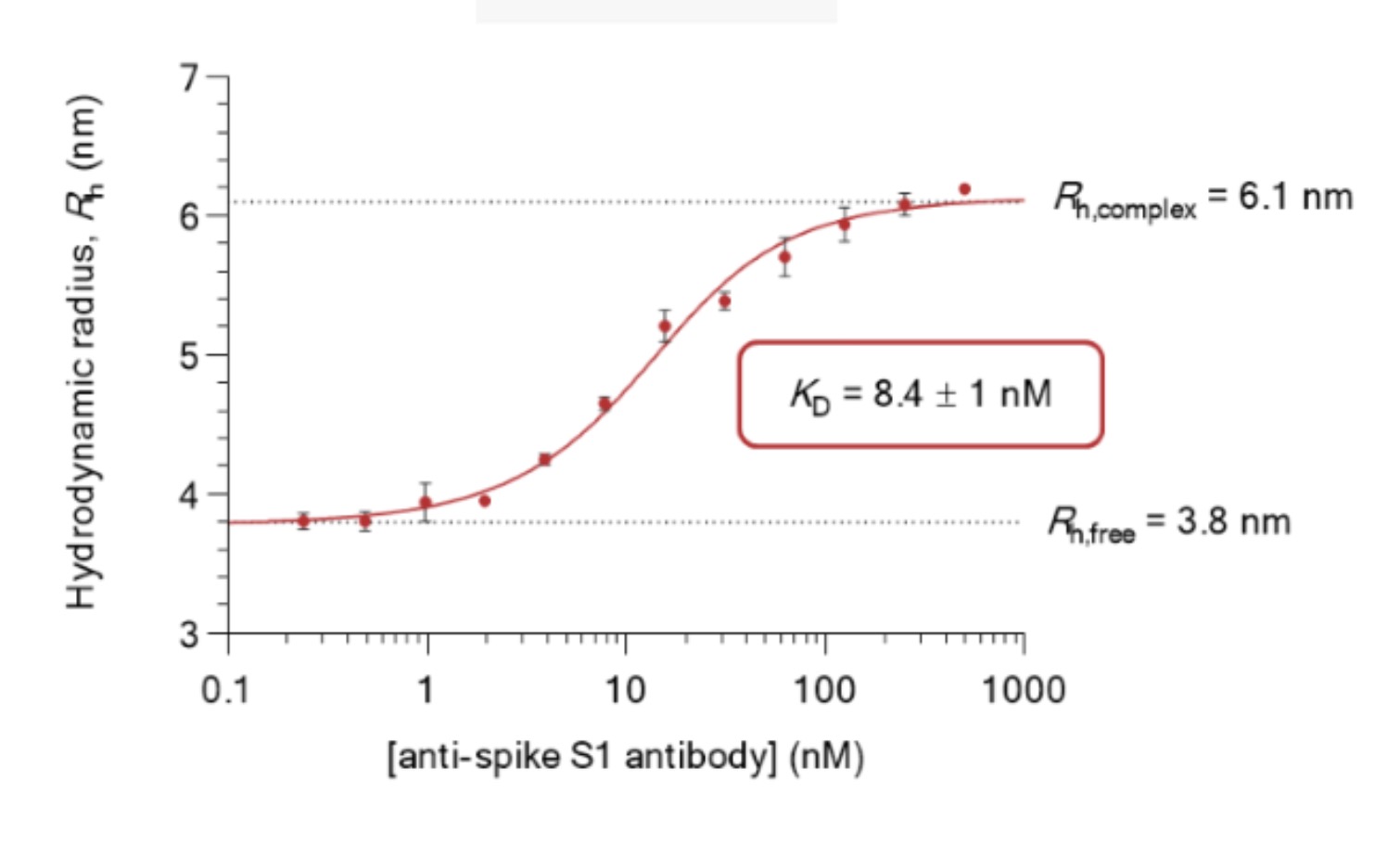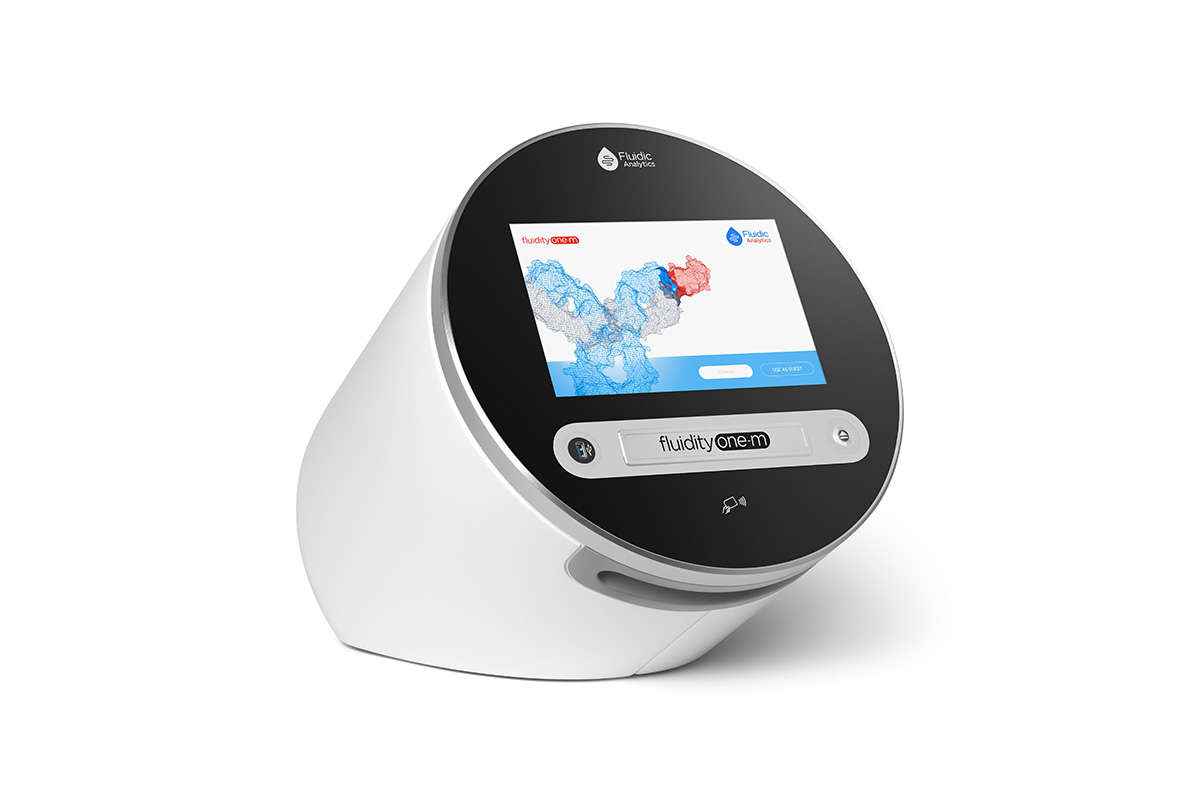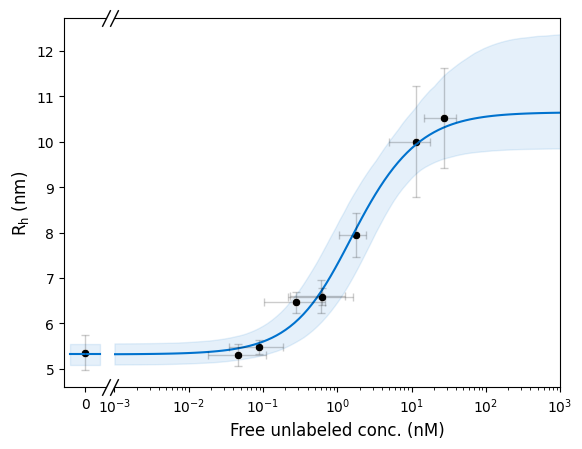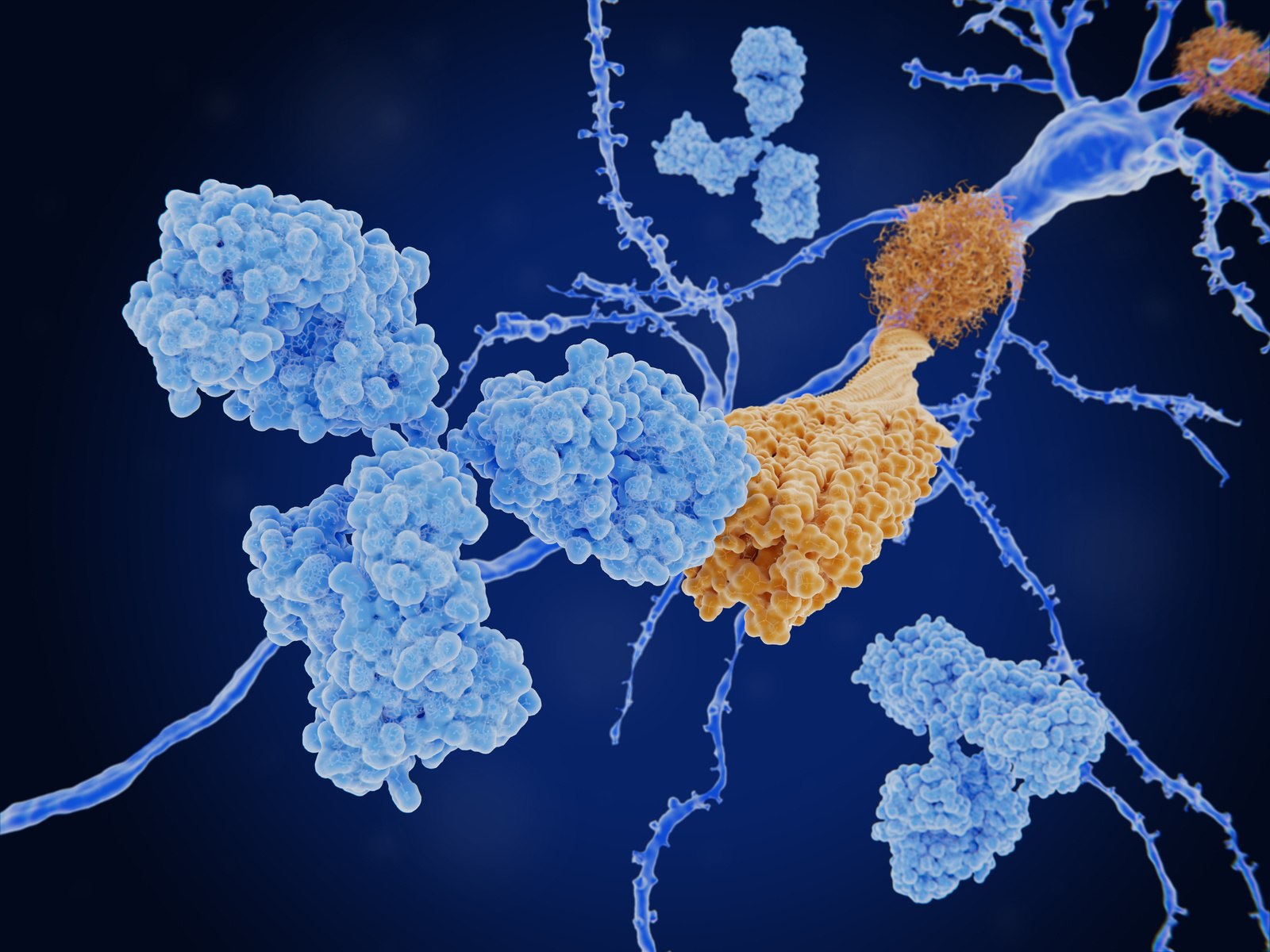
Antibodies
The primary obstacle in the exploration and advancement of antibody-based therapies lies in accurately characterizing the antibody-target interaction. MDS offers an in-solution method to assess antibody stability and affinity in clinically relevant conditions over a large concentration range, facilitating progress beyond the initial discovery phase.
Overview
Antibodies represent one of the most prevalent therapeutic approaches, with a variety of structures to improve target engagement across oncology, neurology, and immunology. The successful transition from development to clinical application of antibodies hinges on achieving the right balance between target specificity and stability, a challenge addressed through Microfluidic Diffusional Sizing (MDS). Unlike conventional methods, MDS offers a streamlined way to simultaneously evaluate stability by monitoring size across physiologically relevant concentrations as well as high concentrations typically found in pharmaceutical formulations range providing insight into aggregation states or degradation potential. Beyond size assessment, MDS measurements also provide data on binding affinity and stoichiometry in complex mixtures such as plasma and serum, uncovering instances of off-target binding through discernable shifts in the expected affinity and size profiles.
Comparison of MDS affinity measurements in traditional and complex backgrounds.
Get started
To determine the size, affinity, and the concentration of antibodies in serum, we recommend the following:
Workflow specification and benefits:
- 2-3 hours for data collection and analysis
- KD range from nM to µM
- Concentration ranges from nM to µM
- Minimum sample volume is 60 µL
- 12 µl of sample per triplicate
- Quick & easy to perform
